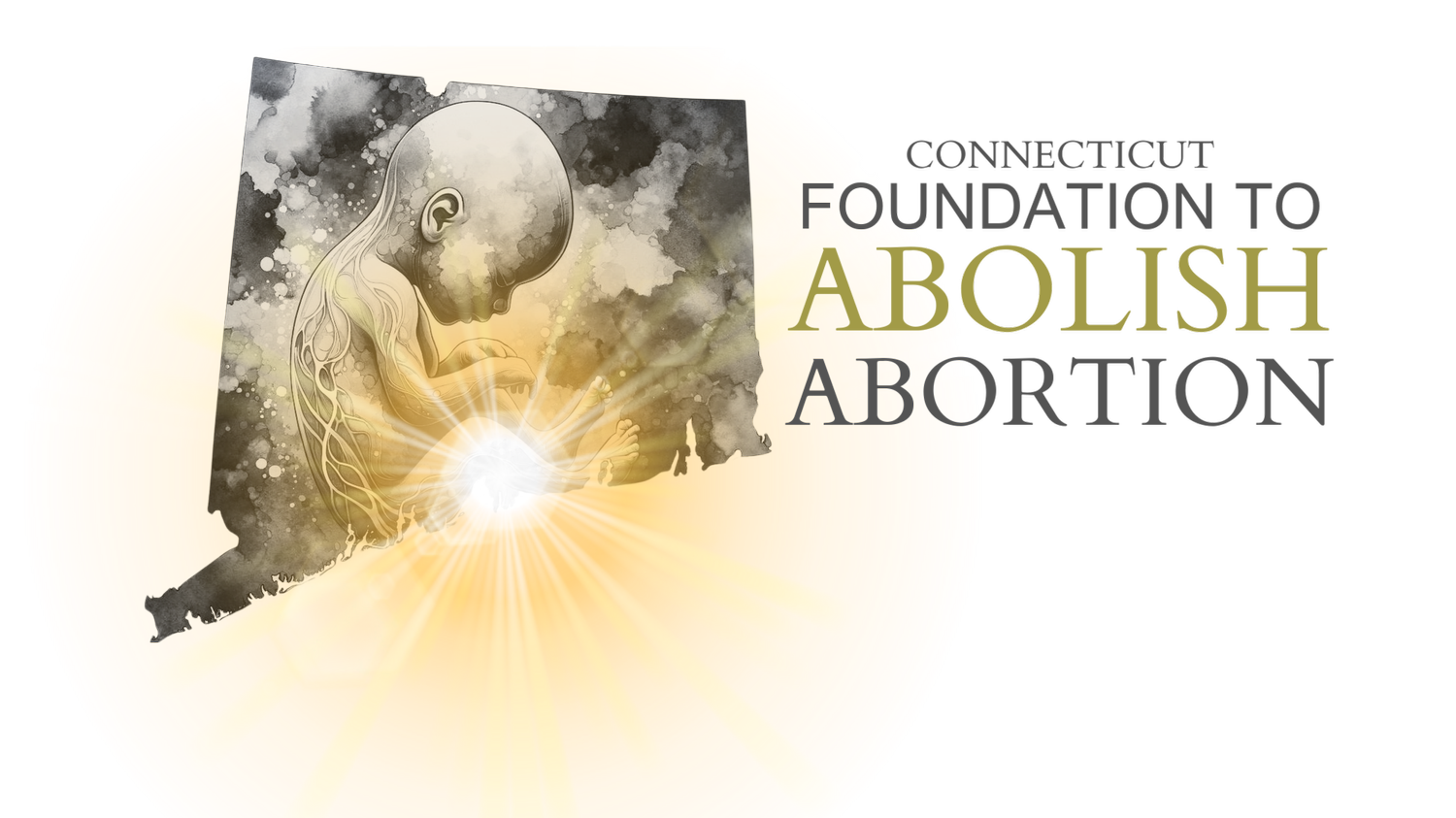So You (Don’t) Want to Be an Abolitionist?
Learning from the Abolitionists of Old
The Connecticut Foundation to Abolish Abortion is open for new members! But before you sign up, you should know what you’re getting into.
Unlike other organizations, we don’t offer popularity, comfort, or applause. Instead, we invite you to be part of a movement where you will be hated, ridiculed, mocked, accused of being judgmental, ostracized, censored, and condemned—not just by the world, but by the Church, pastors, and fellow Christians. And if you think that’s bad, just wait until the world, the flesh, and the devil come after you.
Sound fun? If not, you might want to reconsider abolitionism.
But here’s the thing: this is nothing new. Whenever a believer has confronted the specific evil of his day, he has suffered these things. We see it in the Bible. In fact, Jesus Christ Himself—the greatest Abolitionist of all, who died to set us free from sin and death—suffered the most persecution, hatred, and torture anyone has ever experienced. His crime? Preaching the truth, exposing hypocrisy, and calling sinners to repentance.
Fast forward to the 18th and 19th centuries: the fight to abolish slavery. Many modern Christians like to tell the story as if everyone was on the right side of history. Spoiler alert: they weren’t. In fact, the loudest opposition to abolition often came from the Church itself. Here are a few examples:
William Lloyd Garrison was condemned by churches for being too “radical” in his calls for immediate abolition. His crime? Demanding that Christians actually act like slavery was a sin.
Charles Finney refused to serve Communion to slaveholders. The response? He was accused of “politicizing the gospel.”
Frederick Douglass called out the “corrupt, slave-holding, women-whipping, cradle-plundering, God-defying Christianity of this land.” The response? Christians told him to stop being so divisive.
Elijah Lovejoy was murdered by a pro-slavery mob for daring to print anti-slavery materials. Churches distanced themselves from him, claiming he had been too reckless.
Angelina Grimké, a Southern Christian, left her family’s plantation and publicly rebuked the Church for tolerating slavery. She was told she was being unladylike, unchristian, and uncharitable.
And these were just the Christians fighting for those who could run, cry out, and advocate for themselves.
The evil we fight today is in many ways even darker. The victims of abortion cannot escape, they cannot cry out, and they cannot advocate for themselves. Their only voice is the one you are willing to give them. And if history has taught us anything, that voice will not be welcomed. You will be told:
“You’re being too judgmental.”
“You’re making Christians look bad.”
“Just preach the gospel.”
“Don’t be so extreme.”
“Abortion is complicated.”
“You’re being unloving.”
And yet, we are called to do it anyway. Because justice demands it. Because love requires it. Because Christ commands it.
So, if you’re ready to take up this cross, join us. Go to www.AbolishAbortionCT.org, sign the Norman, Oklahoma Statement, and take your stand.
But consider yourself warned: this is not a movement for the comfortable. It never has been.

